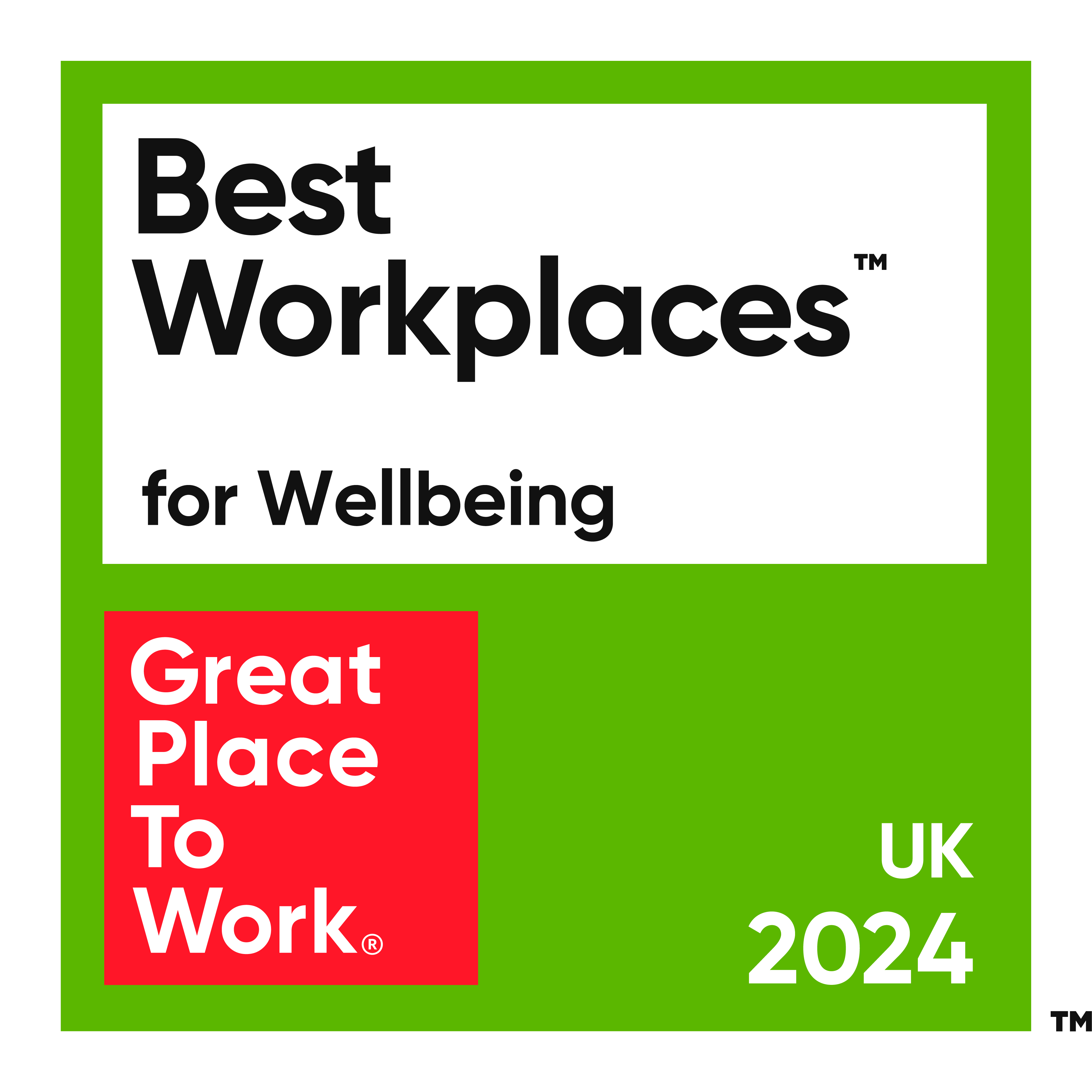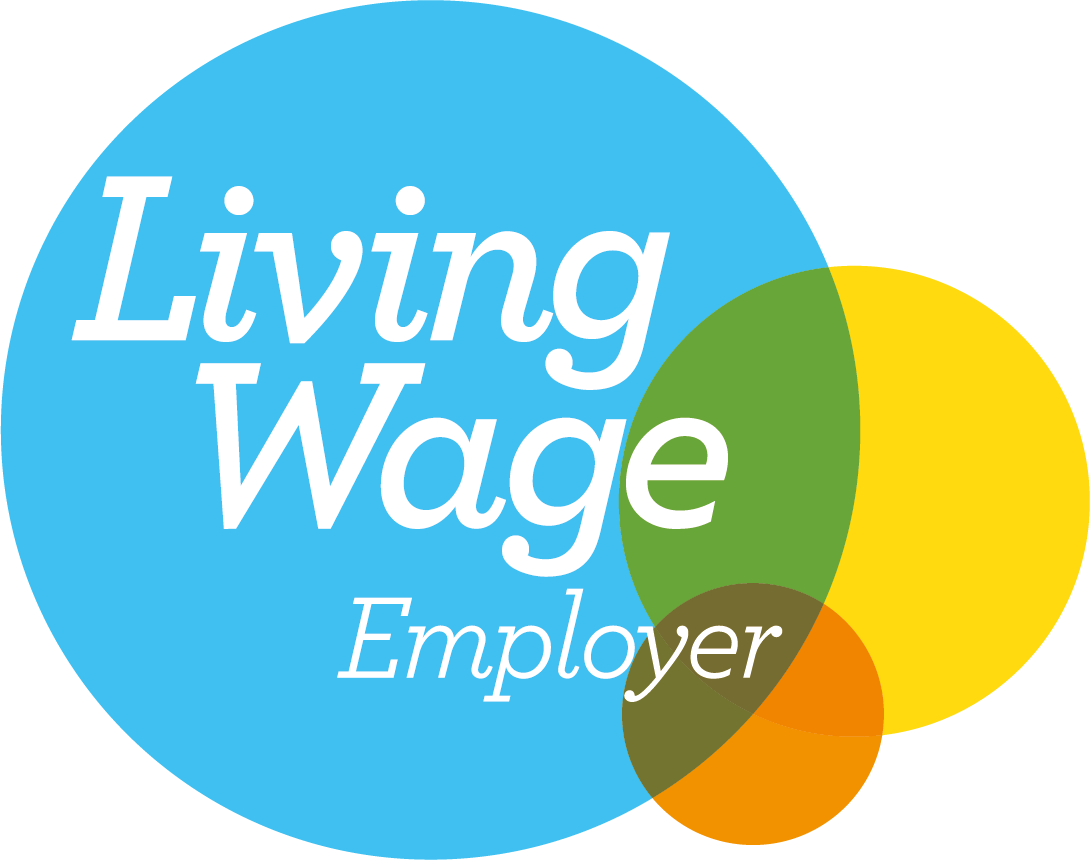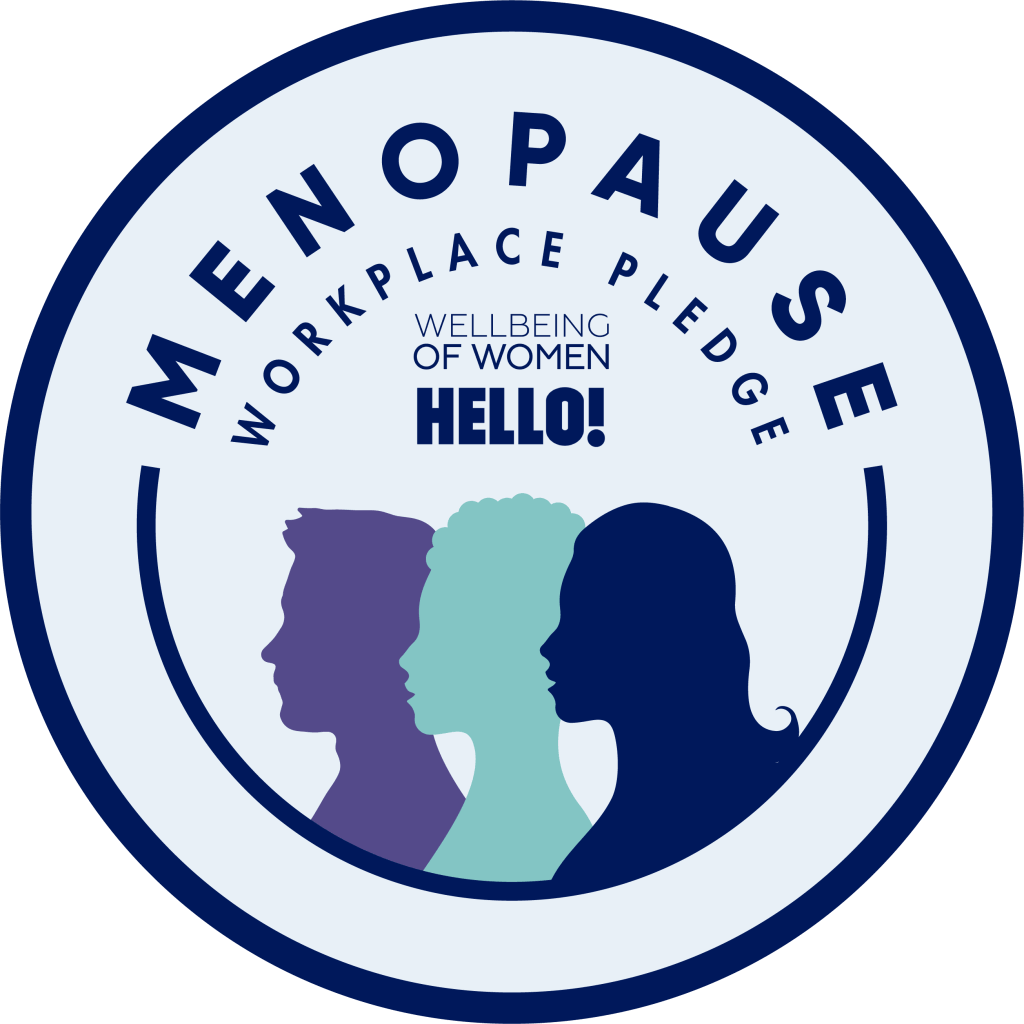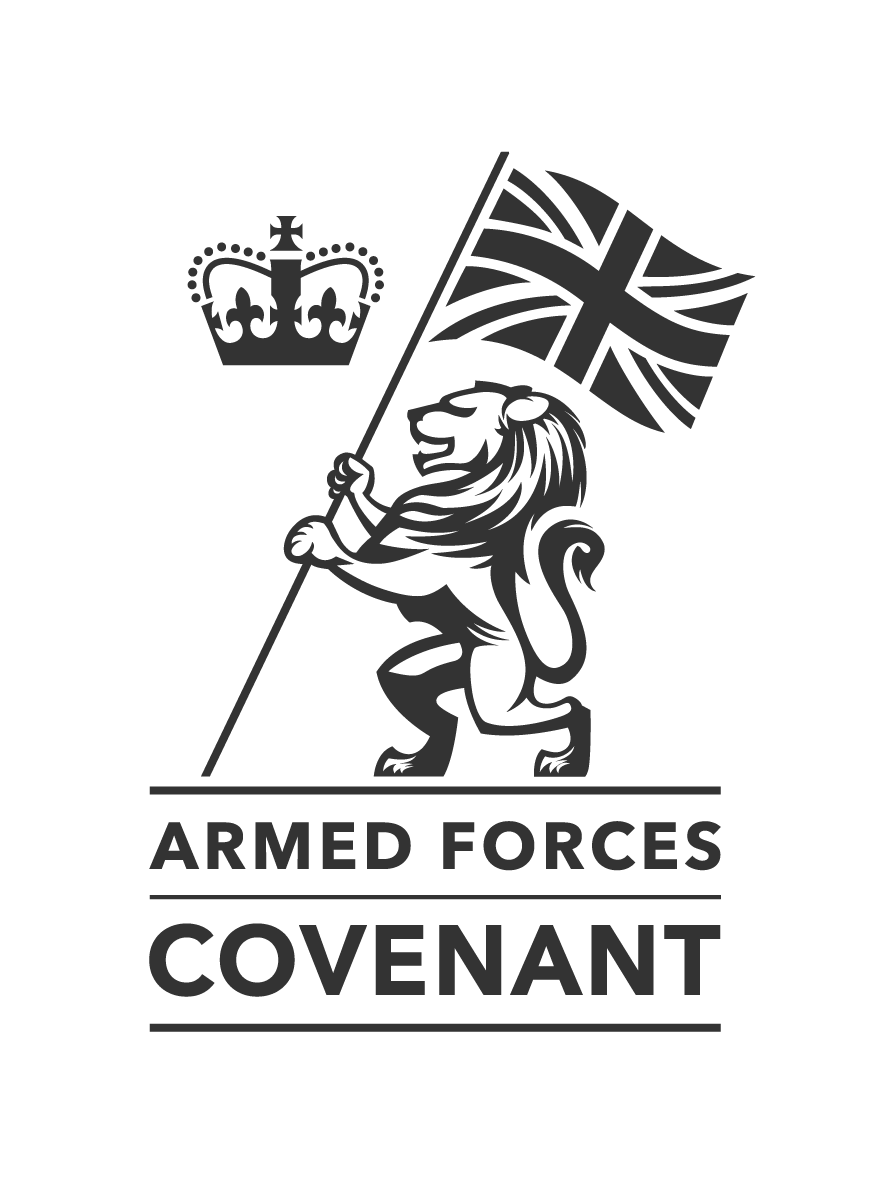Post-traumatic stress disorder (PTSD) is a type of anxiety. It can develop if you have witnessed or experienced a frightening, life-threatening, or unsafe situation, often when you have felt extremely fearful or helpless.
Many people think that only veterans or people in the military can have PTSD, but it can affect anyone.
There are many situations that can lead to PTSD, including:
- Being in a car crash.
- Having a traumatic childbirth.
- Being assaulted, sexually assaulted, or abused.
A common symptom of PTSD is experiencing flashbacks or nightmares about your traumatic experience. These can be very disturbing and upsetting, as you relive what happened and feel the same emotions.
Symptoms can include:
- Flashbacks or nightmares about the traumatic experience.
- Not being able to remember details of the traumatic experience.
- Being very alert, e.g. jumping if you hear a particular sound or if someone touches you.
- Avoiding reminders of the traumatic experience.
- Negative thoughts and emotions, such as blaming yourself or other people; feeling isolated, lonely, or angry; or finding it difficult to feel happy.
- Sleep problems.
PTSD can severely impact your daily life. It can make you feel lonely, isolated, angry, or too anxious or scared to be in certain situations.



















 Powered by
Powered by